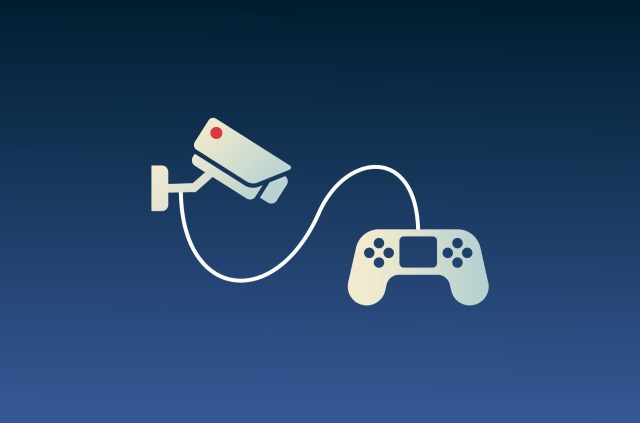ExpressVPN-blog
Your destination for privacy news, how-to guides, and the latest on our VPN tech

Seneste opslag
-

Sådan sletter du din Facebook-konto: En trinvis vejledning
Overvejer du at forlade Facebook for evigt? Uanset om du er bekymret for dit privatliv eller blot ønsker at skære ned på distraktionerne, er det et stort skridt at lukke din konto. Denne vejledning...
-

Sådan skjuler du din IP-adresse og beskytter dit privatliv online
Din onlineaktivitet er måske ikke så privat, som du tror. I det øjeblik du opretter forbindelse til internettet, tildeles din enhed en unik IP-adresse. Dette er en digital identifikator, der kan br...
-

Hvad kan man gøre med en VPN? 16 praktiske anvendelser, du bør kende til
De fleste ved, at man kan bruge en VPN til at maskere sin IP-adresse. Men ikke alle ved, at en VPN kan være utroligt nyttigt for fjernarbejdere, rejsende, sportsentusiaster, forbrugere af medieindhol...
Featured
Se alleFremhævet video
-

Top 10 video games that will change how you view privacy
https://www.youtube.com/watch?v=7uOfHGT5p4w If you love online gaming and are interested in privacy, check out these video games that involve hacking, cybersecurity, and surveillance. Not only ...






